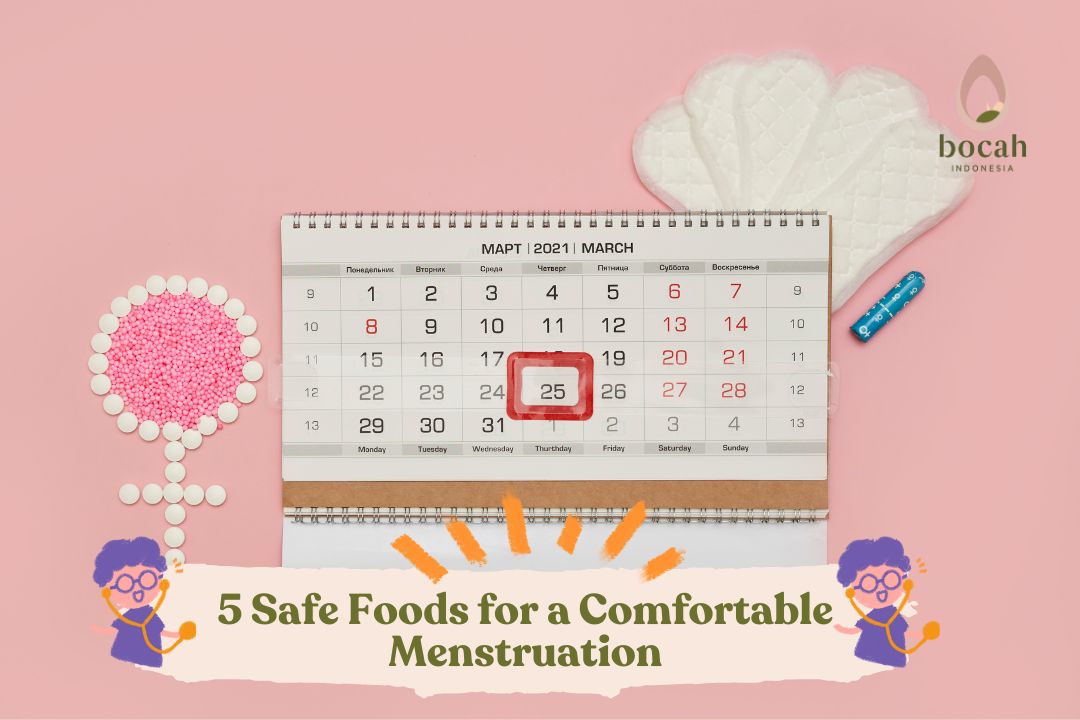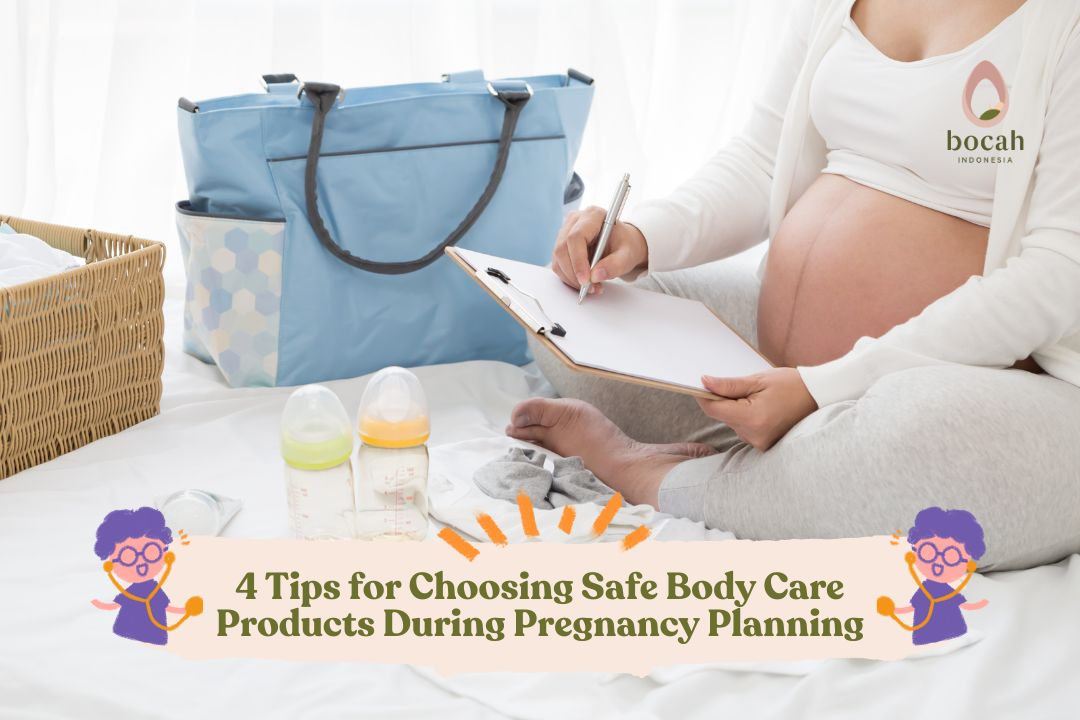Does Drinking Ice Water During Menstruation Cause a Drop of Blood?

It is said that drinking ice during menstruation can disrupt blood flow and even stop the period. Check the truth here.
During menstruation, there are certain foods and drinks that mothers should avoid. Food and drink should be avoided during menstruation to avoid worsening the condition of mothers who are having their period.
So, is it true that drinking ice during menstruation should also be avoided by mothers? What will happen if you consume ice during your period? Find out the explanation and facts about drinking ice during menstruation in the following article.
Is It True That You Shouldn’t Drink Ice During Menstruation?
If you enjoy drinking cold water or ice during your period, don’t worry. There is no convincing scientific evidence to suggest that drinking ice directly can harm or worsen your condition during menstruation. menstruation.
Claims that drinking ice during menstruation can trigger the formation of cysts or clotting of menstrual blood have also not been found to be true.
Mulai Journey of Hope
So, even though many people believe that consuming cold food or drinks can increase menstrual pain or cause more severe cramps, there is no consistent research to support these claims.
Each individual has a different response to certain foods and drinks, including ice. Some people may feel comfortable with ice or cold food during menstruation, while others may experience discomfort.
Therefore, the decision to drink ice or consume cold food during menstruation should be based on personal preferences and comfort.
Beverages to Avoid During Menstruation
During menstruation, mothers may experience specific sensitivities to certain foods or drinks. Now, here are some types of beverages that mothers should avoid or consume with caution during menstruation. menstruation
-
Soda
Some people experience bloating and discomfort during menstruation. Soda can cause gas buildup in the stomach, which can worsen these symptoms.
-
High-Caffeine Beverages
Caffeine can affect hormone levels and may increase feelings of anxiety or nervousness. Some women may want to limit caffeine intake during menstruation to reduce the risk of these symptoms.
-
Alcoholic Beverages
Alcohol can affect energy levels and mood, and can also lead to dehydration. During menstruation, it’s important to pay attention to fluid intake and avoid beverages that can increase the risk of dehydration.
-
Beverages with Added Sugar
High-sugar beverages can affect blood sugar levels and contribute to changes in mood and energy levels. Choose beverages with a more balanced sugar content to keep blood sugar levels stable.
Although some of these beverages need to be avoided, it doesn’t mean that consuming them will cause problems with your menstrual cycle or serious issues related to fertility.
Causes of Abnormal Menstruation
It’s not drinking ice that causes issues with your menstruation, but rather some health conditions, including Polycystic Ovarian Syndrome (PCOS) and thyroid disorders. These conditions can have a significant impact on women’s menstrual regularity.
Here are some conditions that can cause disruptions in your menstrual cycle:
-
Polycystic Ovarian Syndrome (PCOS)
PCOS is a condition where there is a hormonal imbalance in women, especially related to androgen (male hormone) production.
PCOS can lead to irregular menstrual cycles or even absence of menstruation (amenorrhea). This is because hormonal imbalances can hinder the ovulation process or the release of eggs from the ovaries.
-
Thyroid Disorders
Abnormal thyroid function, whether hypothyroidism (low thyroid hormone production) or hyperthyroidism (high thyroid hormone production), can affect various bodily functions, including the menstrual cycle.
Thyroid disorders can lead to irregular menstruation or even cessation of the menstrual cycle (amenorrhea).
-
Excessive Exercise
Intense and excessive physical activity can affect hormone production, especially in female athletes. Excessive exercise can cause amenorrhea or irregular menstrual cycles due to its impact on hormonal balance.
-
Use of Birth Control Pills
Birth control pills contain hormones that can regulate the menstrual cycle. Using birth control pills can make your menstrual cycle more regular, but after discontinuing them, it may take some time for your body to return to its natural cycle.
Understanding these factors is more important than believing myths about drinking cold water during menstruation, which have no scientific basis. If there are concerns about menstrual irregularity or fertility disorders, it is advisable to consult a doctor.
If Mom and Dad are eagerly waiting for a little one, get yourselves checked at Bocah Indonesia!
This article has been medically reviewed by Dr. Chitra Fatimah.
Source:
- Armour, et al. (2019). The Effectiveness of Self-care and Lifestyle Interventions in Primary Dysmenorrhea: A Systematic Review and Meta-analysis. BMC Complementary Medicine and Therapies. 19: 22. https://pubmed.ncbi.nlm.nih.gov/30654775/
- Chen, et al. (2019). Primary Dysmenorrhea and Self-care Strategies Among Chinese College Girls: A Cross-sectional Study. BMJ Open. 9(9): e026813. https://pubmed.ncbi.nlm.nih.gov/31537555/
- National Health Service U.K. (2021). Health A to Z. Irregular Periods.
- U.S. Department of Health & Human Services (2018). Office on Women’s Health. Period Problems.
- Cleveland Clinic (2018). Normal Menstruation.









